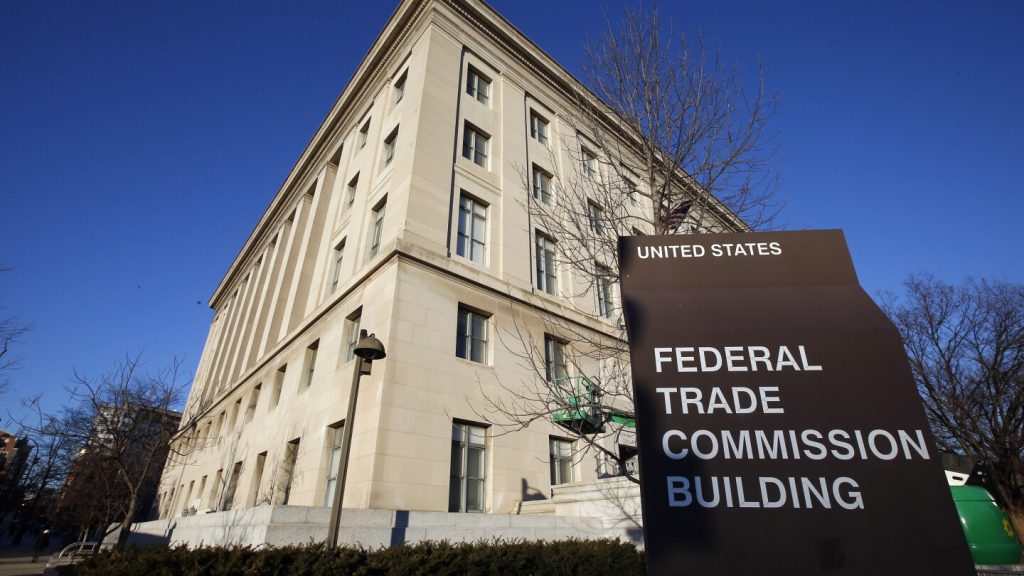The Federal Trade Commission (FTC) has implemented a new rule banning noncompete agreements, which prevent employees from working for competitors after leaving a job. Some companies have sued the FTC, arguing that the rule will hinder their ability to protect trade secrets and investments made in employees. The cases are pending in Florida, Pennsylvania, and Texas, with the possibility of reaching the U.S. Supreme Court. Noncompete agreements were initially intended for high-level executives but have become more common, even among lower-wage employees in fast-food and retail sectors.
The FTC’s rule, effective September 4, aims to eliminate noncompete agreements, stating that they restrict workers’ freedom and suppress wages. It is estimated that approximately 30 million workers, or 1 in 5 employees, are bound by such agreements, limiting their job mobility. Some employees are not even aware of signing these agreements until faced with consequences upon changing jobs. While the ban does not apply to senior executives, some states like California already have prohibitions on noncompete agreements, suggesting that companies can still thrive without them, particularly in high-tech industries.
Companies opposing the ban argue that noncompete agreements are necessary to safeguard business relationships, trade secrets, and investments made in training employees. They fear that without these agreements, top professionals could easily move to competitors, leading to potential sharing of confidential information. Business groups support these companies, highlighting concerns that the rule would deter employers from investing in employee training. Legal battles have ensued, with companies like Ryan, LLC and Properties of the Villages challenging the FTC’s rule, citing economic consequences and the agency’s overreach in prohibiting noncompete agreements.
In response to the lawsuits, U.S. District Judges have issued preliminary injunctions in favor of the plaintiffs, preventing enforcement of the ban specifically for those companies until the cases are resolved. While some judges sympathize with lower-wage workers trapped in noncompete agreements, arguments about the economic implications of the rule invoke further debate. The FTC defends its stance, emphasizing that all noncompete agreements hinder competition, as they restrict workers’ ability to seek better opportunities and potentially increase wages across industries. With divergent rulings expected from the pending cases, it is anticipated that the issue will escalate to the U.S. Supreme Court, as lawyers on either side are likely to appeal unfavorable decisions.
Amidst the legal battles and differing opinions on the impact of noncompete agreements, the future of these contractual arrangements remains uncertain. While companies advocate for their necessity in protecting intellectual property and investments, the FTC stands firm on its decision to eliminate them to promote worker mobility and fair competition. As the cases progress in various states, the ultimate outcome may shape the landscape of employment practices and regulations nationwide, prompting a reevaluation of the balance between protecting businesses and empowering workers.


